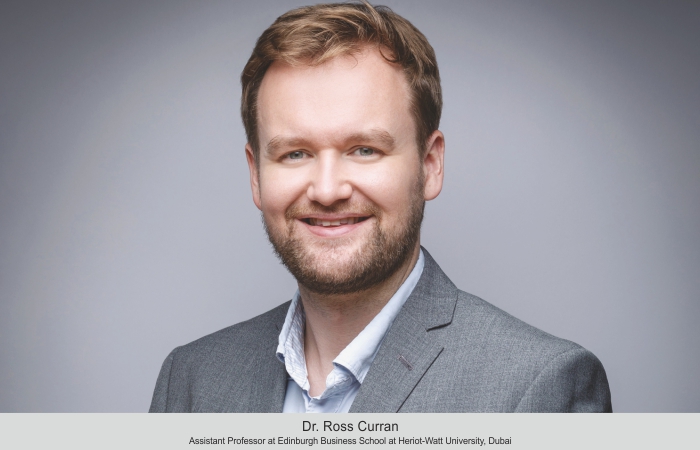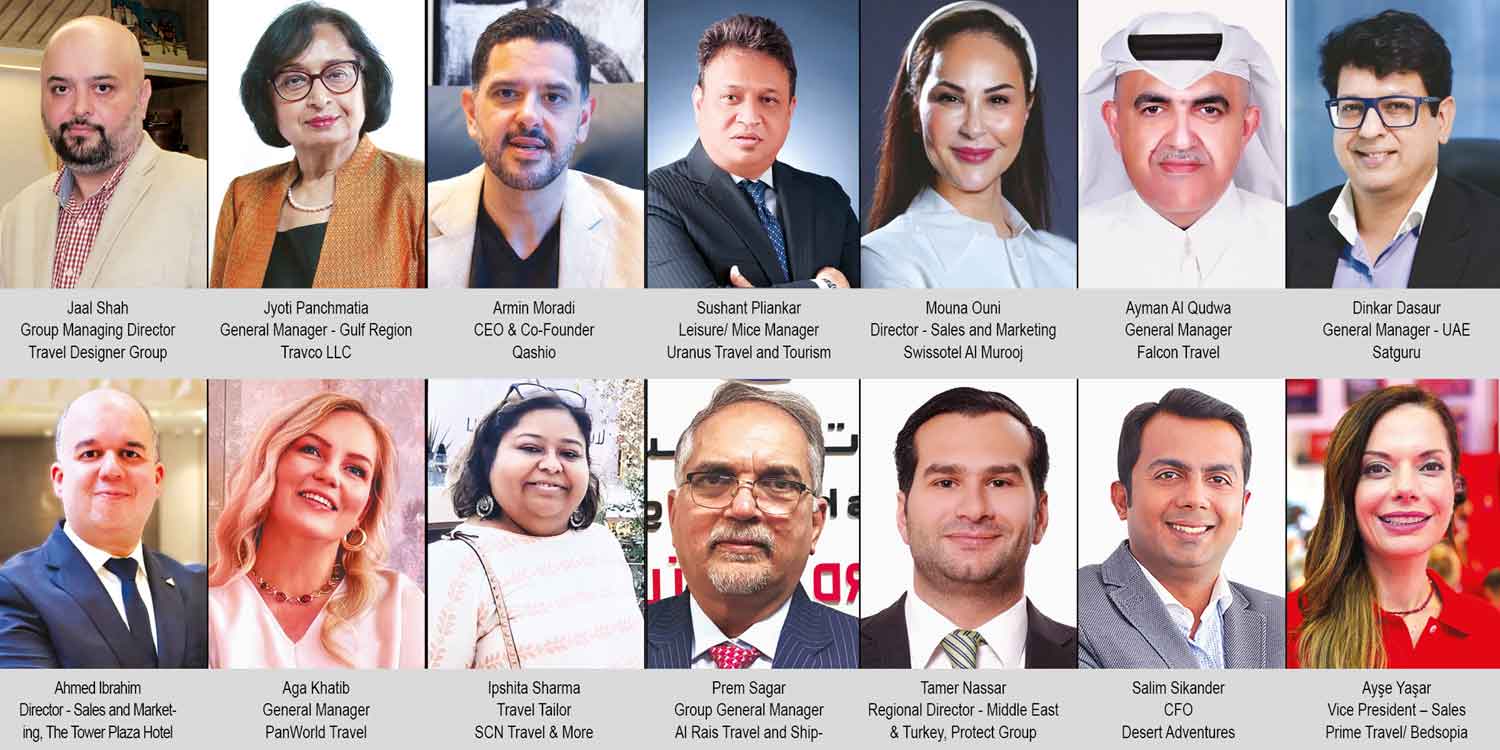While the metaverse has gone beyond being a buzzword, it still is in its nascent stages in the travel and tourism industry. Dr. Ross Curran, Assistant Professor at Edinburgh Business School at Heriot-Watt University, Dubai, looks at some of the trends in the metaverse world and shares insights.
The COVID-19 pandemic has revolutionised many sectors and forced them to think out of the box. Technological adoption accelerated quickly in tandem with the closure of tourist sites and the grounding of aircraft around the globe. As we resume our physical engagement with our workplaces, leisure practices, and each other, technological acceleration’s legacy continues. While the travel industry was one of those most affected by the pandemic, we have witnessed a rapid sector recovery, showing the people’s continuing appetite for leisure experiences.
Looking towards the metaverse, we know it outlines new advances for digital experiences, social networks, and interactions in digitally connected virtual spaces. It, therefore, follows logically that the tourism industry can benefit from engaging with the metaverse to enrich and enable rewarding tourist experiences. Therefore, using metaverse concepts in tourism can serve the sector advantageously. Several travel organisations are turning to VR and AR technologies to elevate customer experience and enhance their offerings. These developments also offer potentially lucrative opportunities for tourist industry actors to differentiate themselves from the competition.
For example, Immersive Virtual Traveling and Virtual Reality Tourism are already being adopted. While the pandemic has been a big reason for the change in the industry, climate change and sustainability have also been key drivers for change within the industry. These technological advancements are a positive step in contributing to the actions against climate change. Furthermore, as the metaverse develops and new technologies emerge, the industry can expect to offer full multisensory travel experiences through the metaverse. Metaverse can, in the future, have the capability to provide sensory experiences such as being able to be in the presence of family or friends on the other side of the world, or being able to smell the street food being dished out in India while on a virtual walk in the bylanes of Mumbai.
Pilot cases such as the Seoul Metaverse project, which intends to become the first major city to enter the metaverse with a tourist route duplicating the city’s main sites are already underway. As a result, tourists can feel as though they are walking through Gwanghwamun Plaza, Deoksugung Palace and the Namdaemun Market, without having to travel there physically.
 TravTalk Middle East Online Magazine
TravTalk Middle East Online Magazine






